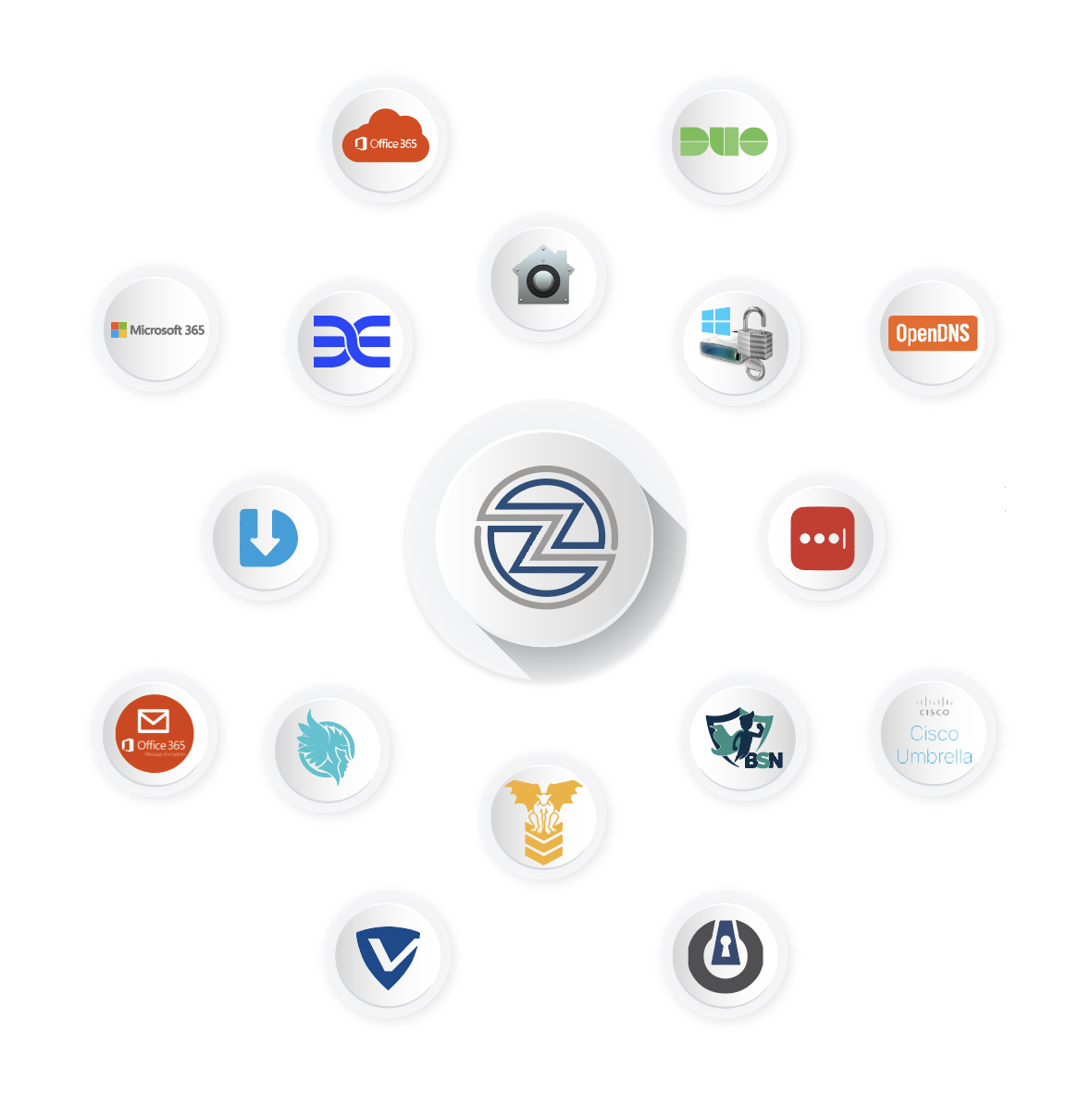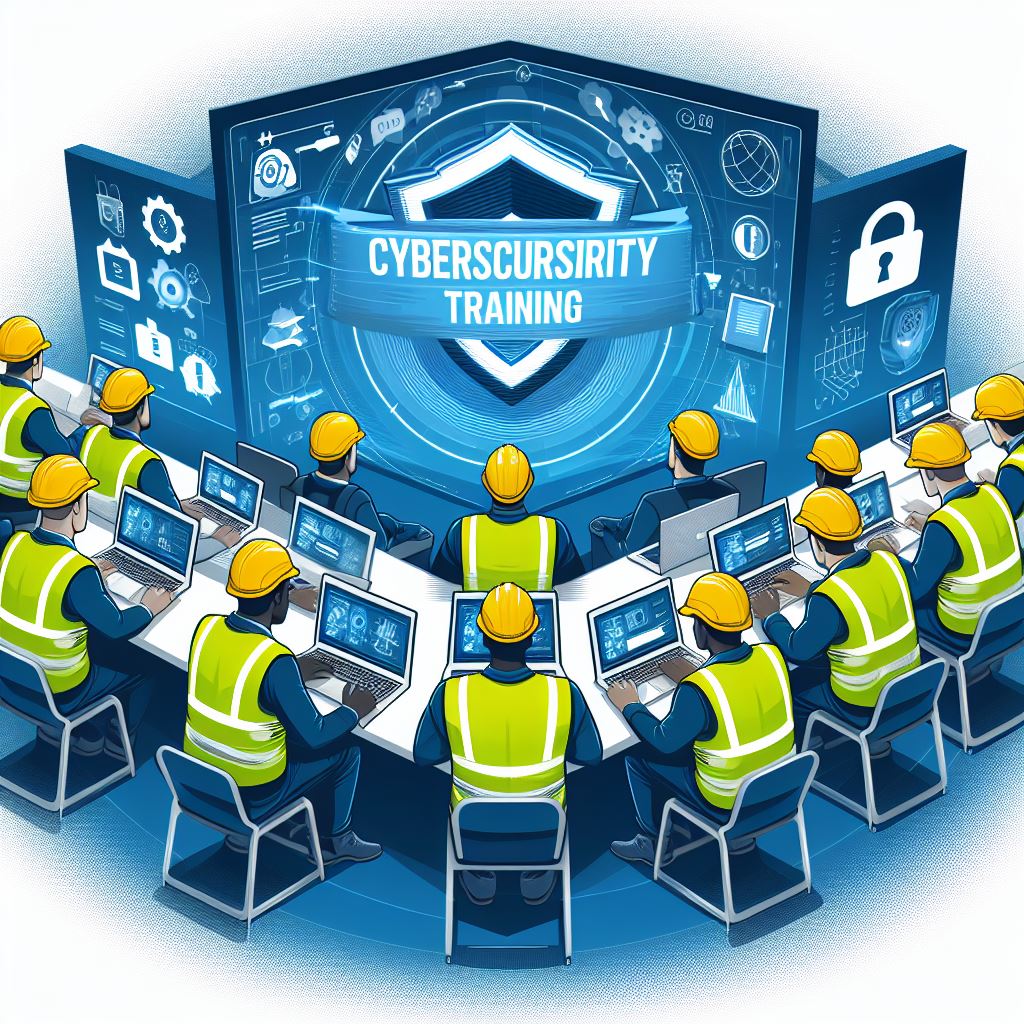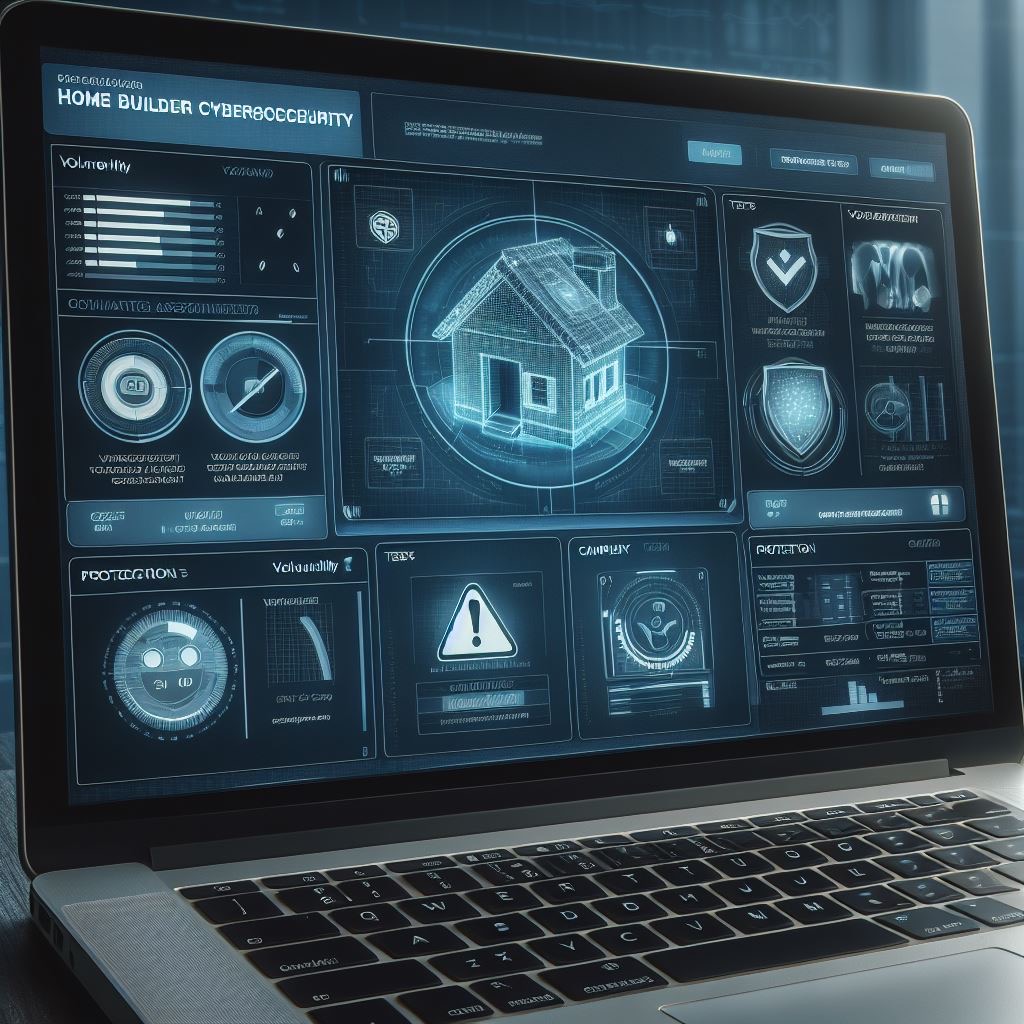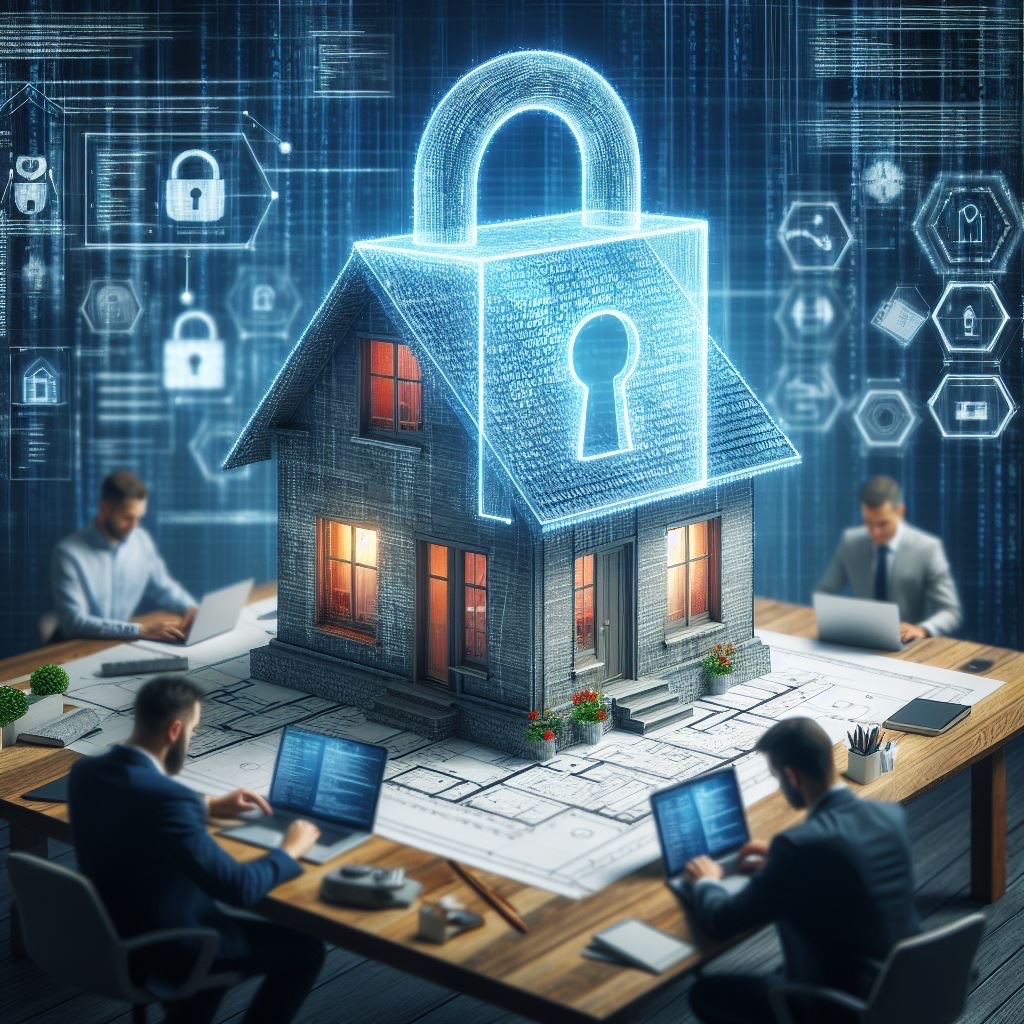
Defying All Odds - Day 28: Social Engineering Awareness for Construction Company Employees
“You have to be prepared to fight and finish your own battles.” - Jim Harbaugh
Introduction:
Social engineering attacks, such as phishing and impersonation, target employees as the weakest link in cybersecurity defenses. In this article, we will emphasize the importance of social engineering awareness for construction company employees. We will discuss common social engineering tactics and provide tips for recognizing and responding to these attacks. By educating employees about social engineering and promoting a culture of skepticism, construction companies can prevent successful social engineering attempts and protect their sensitive information.
In our featured story, we talked about how ZATIS helped a construction company defy the odds and win in the battle against hackers and cybercriminals. Join us today as we discuss common social engineering tactics and how to recognize and respond to them.

In any football game, one of the most exciting and unpredictably dangerous plays is the trick play. It's a play that uses deception to catch the defense off guard and potentially lead to a gamechanging moment. In the realm of cybersecurity, social engineering attacks are the trick plays of the digital world. They use deception to manipulate individuals into revealing confidential information, often leading to significant security breaches. Today, we'll discuss how to foster social engineering awareness among construction company employees to recognize these deceptive plays and protect sensitive data.
1. Understanding Social Engineering

Just as a trick play in football uses deception to gain an advantage, social engineering involves manipulative tactics to trick individuals into revealing confidential information. This can include phishing emails, fake websites, or impersonation calls. Understanding these tactics is the first step towards building a strong defense.
2. Recognizing Social Engineering Tactics

Being able to recognize a trick play in football can be the difference between a win and a loss. Similarly, recognizing social engineering tactics can prevent a cybersecurity breach. Employees should be trained to spot red flags, such as urgent requests, unsolicited communications, or requests for sensitive information.
3. Responding to Potential Attacks

Just like a well-coached football team knows how to respond to a trick play, employees should know how to respond to potential social engineering attacks. This can include not responding to suspicious emails, not clicking on unknown links, and reporting potential attacks to IT.
4. Promoting a Culture of Skepticism

In football, a good defense is always skeptical of what the offense is showing them. In the same way, a healthy level of skepticism can help protect against social engineering attacks. Employees should be encouraged to question unusual requests and to verify information through trusted channels.
5. Regular Training and Updates

Just as a football team studies film to prepare for future games, employees should receive regular training and updates on the latest social engineering tactics. This will ensure that they are always prepared for the latest deceptive plays.
In the cyber game, social engineering is a cunning opponent, always looking for a weakness to exploit. But with proper training and awareness, your employees can be prepared to recognize these trick plays and keep your company's sensitive data safe. After all, the best defense is a wellprepared one. So, let's equip our teams with the knowledge and skills they need to win this cybersecurity game!

The Importance of Proactive Cybersecurity Measures
To mitigate the risks associated with cyber threats, construction companies must adopt a proactive approach to cybersecurity. Implementing robust cybersecurity measures can help protect the company's assets, maintain client trust, and ensure the smooth operation of projects. Here are some key steps that construction companies can take:
1. Employee Education and Training:

Employees are often the first line of defense against cyber threats. Providing comprehensive training on cybersecurity best practices, such as identifying phishing emails and using strong passwords, can significantly reduce the risk of successful attacks.
2. Regular Security Assessments:

Conducting regular security assessments, including vulnerability scanning and penetration testing, can identify potential weaknesses in the company's systems and infrastructure. This allows for timely remediation before cybercriminals can exploit these vulnerabilities.
3. Secure Network Infrastructure:

Implementing robust firewalls, intrusion detection systems, and encryption protocols can help safeguard the company's network infrastructure from unauthorized access and data breaches.
4. Access Control and Authentication:

Implementing strong access control measures, such as multi-factor authentication and role-based access controls, can ensure that only authorized individuals have access to sensitive information.
5. Data Backup and Recovery:

Regularly backing up critical data and implementing a robust disaster recovery plan can help minimize the impact of a cyber-attack and facilitate the restoration of operations.
Conclusion:
In an increasingly digitized world, the construction industry must recognize the importance of cybersecurity and take proactive measures to protect its valuable assets. Neglecting cybersecurity can have severe consequences, including financial losses, reputational damage, project delays, legal and regulatory compliance issues, and loss of intellectual property. By prioritizing cybersecurity and implementing robust measures, construction companies can safeguard their operations, maintain client trust, and ensure their long-term success in an evolving digital landscape.
Want to know if your construction company is at major risk of getting hacked? Click here for a FREE 15-Minute Cyber Consult.

5 Reasons Your Construction Company Needs a Cybersecurity Risk Assessment. 👊
It is important for construction companies to conduct a cybersecurity risk assessment for several reasons:
1. Protection of sensitive data:
Construction companies handle a vast amount of sensitive data, including financial information, project details, client information, and employee records. Conducting a cybersecurity risk assessment helps identify potential vulnerabilities and ensures appropriate safeguards are in place to protect this data from unauthorized access, data breaches, or theft.
2. Mitigating financial losses:
Cyberattacks can result in significant financial losses for construction companies. These losses can stem from data breaches, ransomware attacks, or the disruption of critical systems. By conducting a cybersecurity risk assessment, companies can identify potential weaknesses in their IT infrastructure and take proactive measures to mitigate the financial risks associated with cyber threats.
3. Maintaining business continuity:
A successful cyber-attack can disrupt construction projects, delay timelines, and impact the overall business operations. By conducting a risk assessment, construction companies can identify potential vulnerabilities and implement robust cybersecurity measures to ensure business continuity. This includes having backup systems, disaster recovery plans, and incident response protocols in place.
4. Protecting reputation and client trust:
Construction companies rely on their reputation and client trust to secure new projects and contracts. A cybersecurity breach can undermine trust, damage the company's reputation, and lead to the loss of clients. By conducting a risk assessment and implementing appropriate cybersecurity measures, construction companies can demonstrate their commitment to protecting client data and maintaining a secure operating environment.
5. Compliance with regulations:
Construction companies may be subject to industry-specific regulations and legal requirements regarding data protection and cybersecurity. Conducting a risk assessment helps identify any gaps in compliance and ensures that the company meets the necessary regulatory obligations.
Overall, conducting a cybersecurity risk assessment allows construction companies to proactively identify and address potential vulnerabilities, protect sensitive data, mitigate financial losses, maintain business continuity, protect their reputation, and comply with relevant regulations.
Other resources to help you get started with Cybersecurity
Start your own Cybersecurity initiative:
Here is a quick checklist to get you started with your Cybersecurity initiative. Remember imperfect action beats inaction, get started and keep pushing for progress and awareness with your people.
Update your software
Secure your files
Require passwords
Encrypt devices
Use multi-factor authentication
Protect your wireless network
Make "SMART SECURITY" your business as usual
Require strong passwords
Train all staff
Have a plan
